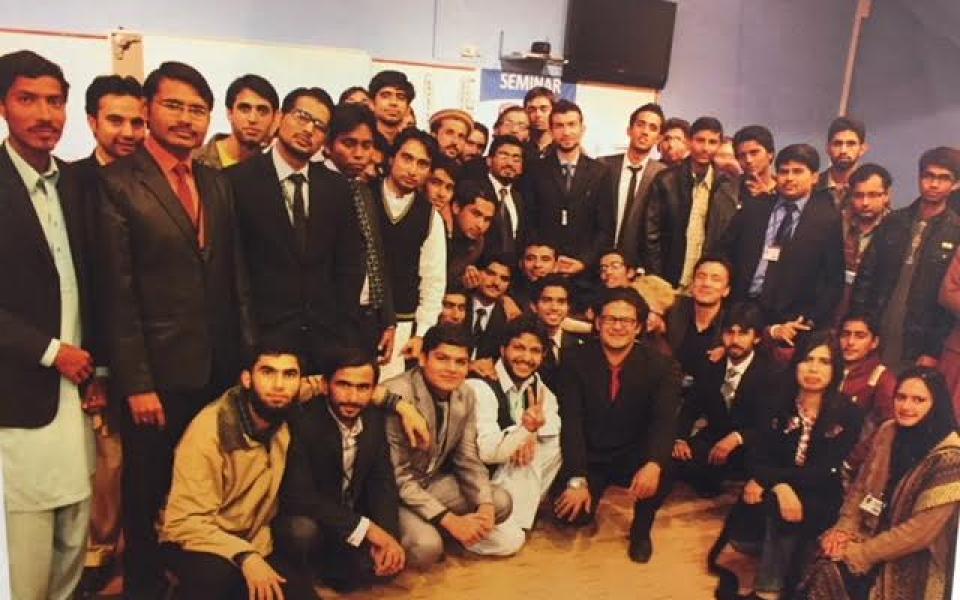
We are creating a global grassroots community where there is an unlimited number of leaders.
It’s in the Bones – Wisdom at the Heart of URI Organizing
By Sally Mahé
United Religions Initiative (URI) enlivens people to create cultures of peace, justice and healing through interfaith cooperation. Boldly, both in vision and in organizational design, URI embraces transformational principles. Over the years as URI put these principles into practice, seven core actions have emerged. These core actions are life-giving and provide the DNA for URI. They call forth the best in people. URI provides the conditions where people find meaning and where humanity evolves. URI draws upon natural human capacities. These ways of being are not new knowledge for people, but wisdom already in our bones.
This series describes seven actions at the heart of URI’s organizing. One action summary will be posted each week that includes inquiry questions. Feel free to share this information and use it to engage your community. The entire series can be found here.
Inclusion
The act of inclusion invites a diversity of people to the table: women and men, young and old, people from all walks of life. A welcoming spirit of acceptance brings people together who may never otherwise cross paths. Friendship is encouraged. In URI, people from all sectors of society; tribes; classes; people from all religions, spiritual expressions and Indigenous traditions; are welcome. The value of inclusion opens the door for unprecedented cooperation and gives people the opportunity to manage differences with respect. Inviting all interested parties to contribute encourages voices that are seldom heard, and creates space for all affected persons to participate in the development of URI. To provide a safe place, organizational integrity, and clear expectation, each URI member agrees to adhere to URI’s common Purpose and 21 Principles. The action of inclusion is rooted in the belief that, given the liberty to try, all kinds of ordinary people will do extraordinary things. As crises build across the world, an unprecedented number of grassroots leaders are needed. In the new order of things, everyone can take a lead.
Inquiry
- When have you been pleasantly surprised by a person who was different than what you expected? Share stories.
- What makes including diverse people in your life and work difficult?
- Imagine people with diverse perspectives and customs who come together as a community to make a positive change. What could you do to build up a sense of well-being among people from different backgrounds who may be coming together for the first time?